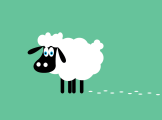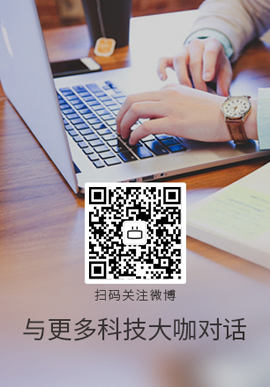|
创建了一个自定义 UIView 'MyLabelView' ,其中包含两个元素,1x UILabel,1x UIView 将被设置为背景颜色。
MyLabelView
查看:

代码:
import UIKit
@IBDesignable
class MyLabelView: UIView {
@IBOutlet var contentView: UIView!
@IBOutlet weak var imageView: UIView!
@IBOutlet weak var titleLabel: UILabel!
override init(frame: CGRect) {
super.init(frame: frame)
commonInit()
}
required init?(coder aDecoder: NSCoder) {
super.init(coder: aDecoder)
commonInit()
}
override func prepareForInterfaceBuilder() {
super.prepareForInterfaceBuilder()
commonInit()
contentView?.prepareForInterfaceBuilder()
}
private func commonInit() {
let bundle = Bundle(for: type(of: self))
bundle.loadNibNamed(String(describing: type(of: self)), owner: self, options: nil)
addSubview(contentView)
}
}
我在两次使用 MyLabelView:
- MasterViewController(带有动态原型(prototype)的 TableViewController)
- DetailViewController(带有静态单元格和分组样式的 TableViewController)
MasterViewController
正确显示 MyLabelView 作为自定义 UITableViewCell 的一部分
View:

代码(在cellForRowAt中):
let cell: MyTableViewCell = tableView.dequeueReusableCell(withIdentifier: "MyTableViewCell") as! MyTableViewCell
cell.myLabelView.titleLabel.text = "Label"
cell.myLabelView.imageView.backgroundColor = UIColor.red
// Dynamic width to fit label texts of various sizes
var frm: CGRect = cell.myLabelView.titleLabel.frame
frm.size.width = cell.myLabelView.titleLabel.intrinsicContentSize.width
cell.myLabelView.titleLabel.frame = frm
DetailViewController
在这里,我想渲染 MyLabelView 增加字体大小(工作)和右对齐,这样无论标签文本有多长,它总是与人字形对齐
View :

代码(在viewDidLoad中):
myLabelView.titleLabel.text = "Label"
myLabelView.titleLabel.font = myLabelView.titleLabel.font.withSize(17)
myLabelView.imageView.backgroundColor = UIColor.red
// Dynamic width to fit label texts of various sizes
var frm: CGRect = myLabelView.titleLabel.frame
frm.size.width = myLabelView.titleLabel.intrinsicContentSize.width
myLabelView.titleLabel.frame = frm
预期结果
查看:

查看:

我尝试使用额外的外部 UIViews 作为容器并使用 AutoLayout,但不知何故它从来没有像我预期的那样工作。非常感谢您的帮助。
Swift 4、iOS11
更新
我试图在 IB 中设置约束,因为我无法访问单元格(使用静态单元格)。
内容 View :

标题:

MyLabelView:

Best Answer-推荐答案
只需在 UITableViewCell 子类中添加一个函数,并在需要设置右侧旁边的 View 时调用它:
func setTrailingAnchorForView() {
contentView.translatesAutoresizingMaskIntoConstraints = false
contentView.centerXAnchor.constraint(equalTo: self.centerXAnchor).isActive = true
contentView.trailingAnchor.constraint(equalTo: imageView.leadingAnchor, constant: 0).isActive = true
}
这样调用它:
cell.setTrailingAnchorForView()
关于ios - 设置自定义 UIView 的不同水平对齐方式,我们在Stack Overflow上找到一个类似的问题:
https://stackoverflow.com/questions/55495384/
|  客服电话
客服电话
 APP下载
APP下载

 官方微信
官方微信

























